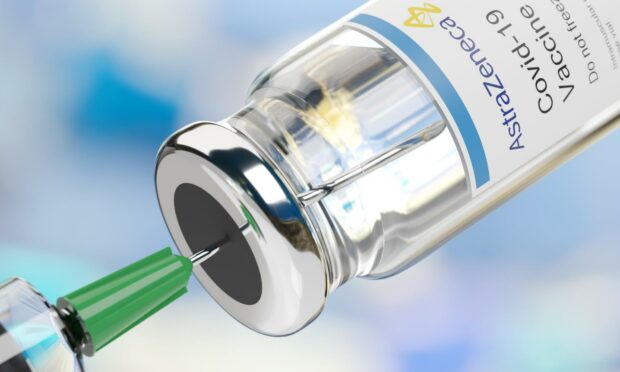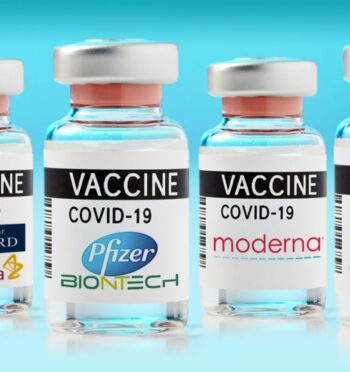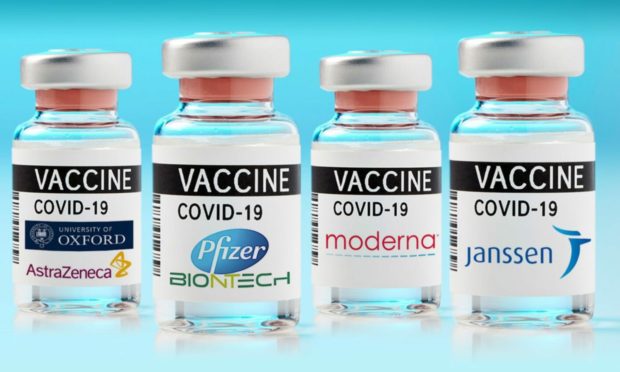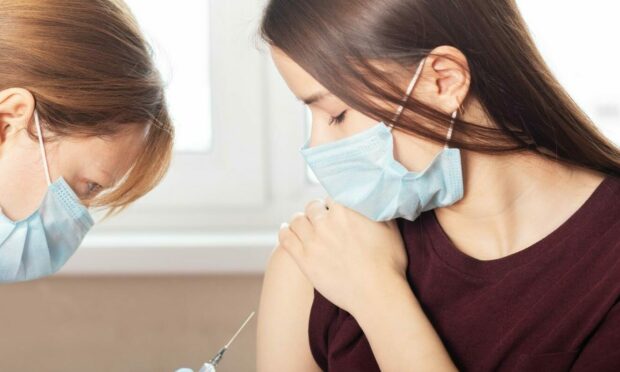A new study this week revealed results of Covid-19 vaccines on a group of clinically at-risk patients.
Around 11% of people taking part in the trial, who had compromised immune systems, didn’t generate ANY antibodies four weeks after getting two Covid-19 vaccinations.
And 40% of patients had low or undetectable immune responses after two doses of vaccine.
But what does this mean for people who have conditions such as cancer, inflammatory arthritis, diseases of the kidney or liver or IBS?

What was the trial?
An ongoing UK-wide trial called OCTAVE.
- It’s evaluating post-vaccine immune responses in patients who have immune systems which are compromised. It is led by the University of Glasgow alongside the University of Birmingham’s Cancer Research UK Clinical Trials Unit.
- 600 people in the UK took part who all have what’s called immune-mediated inflammatory diseases.

How did they get the results and what are they?
The study used various state-of-the-art immune tests on blood samples taken before and after those taking part got their two vaccines.
- 40% of people had a low immune response after two vaccines
- But 60% of people DID have an immune response similar to those without these health conditions
- 11% of immunocompromised patients didn’t generate any antibodies four weeks after two vaccines
- It looked at how white blood cells, called T-cells, respond to the vaccine as well as the antibody response.It was found patients had a similar response to people without health conditions
What do these results tell us?
Further study is needed to better understand the levels of antibodies that can provide protection against Covid-19.
At the moment, there’s no agreed level to effectively predict protection from future infection risk by Covid-19, or the clinical seriousness of infection.
More investigation of all parts of the immune system is needed because of differing results from the antibody and T-cells in those who took part.
What does it mean for me?
Expert advice is all at-risk groups ensure they’ve had both vaccine doses if they haven’t done so already.
There are also plans to investigate effects of giving an alternate vaccine dose to groups with low responses.
An extension to the OCTAVE study is going ahead. This will investigate whether a third dose of vaccine for people with weakened immune systems gives a stronger immune response than two doses.
Prof Iain McInnes, lead of the OCTAVE trial, University of Glasgow, says: “While 40% of these clinically at-risk patent groups were found to have a low or undetectable immune response after a double dose of the vaccine, we are encouraged this figure isn’t higher.
“It is possible even partial protection may be clinically beneficial. This is something we will closely monitor.”

